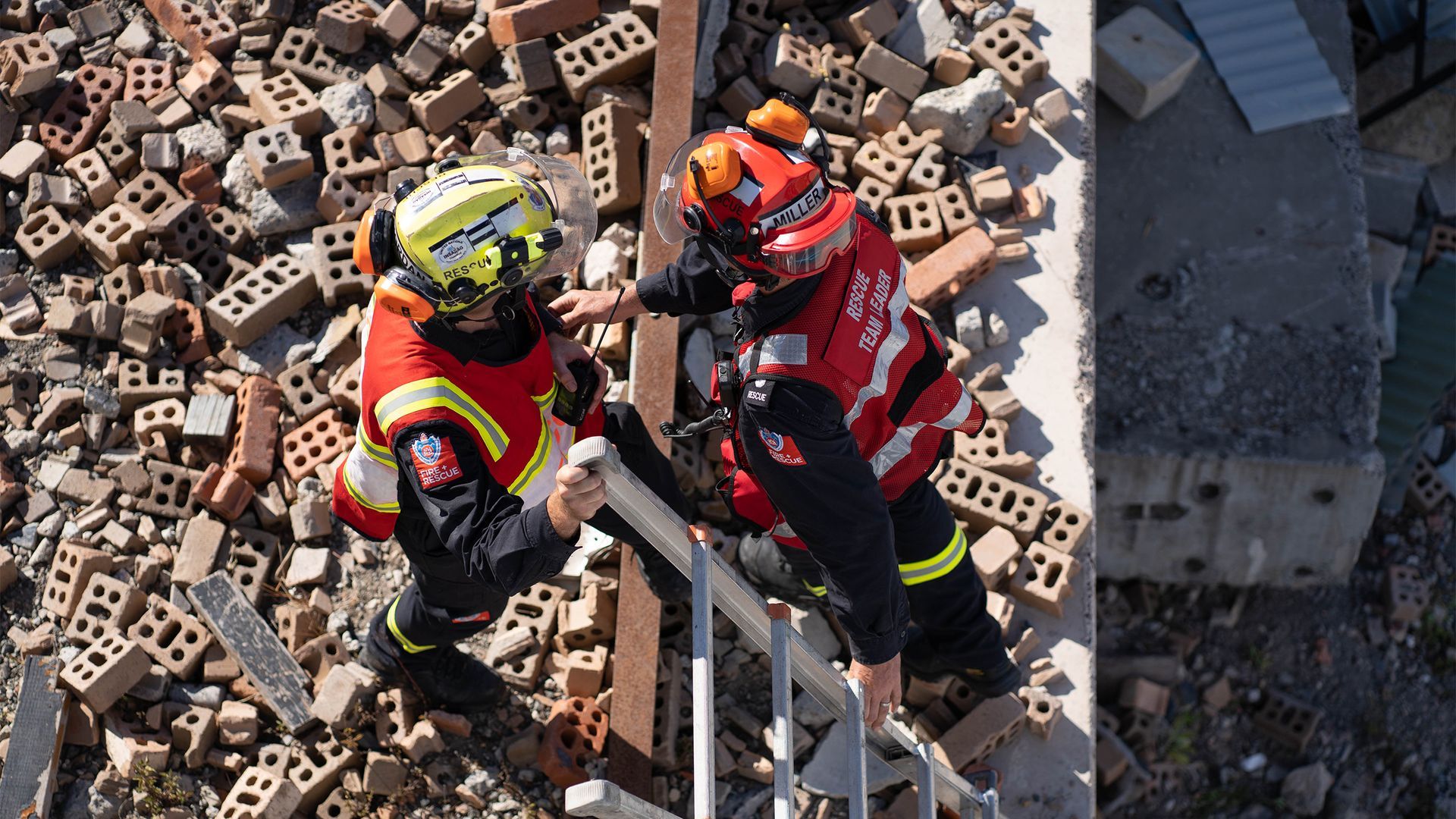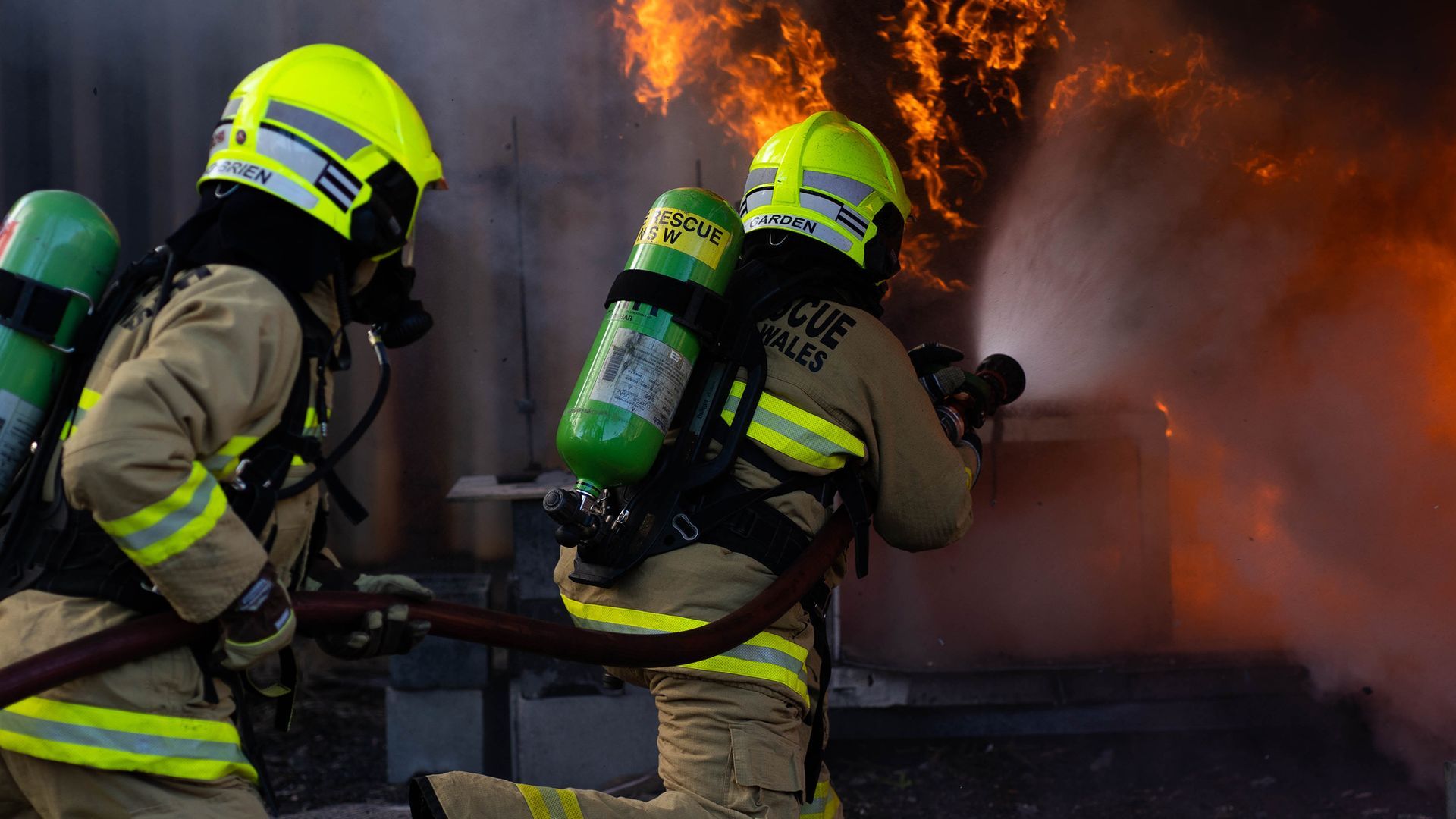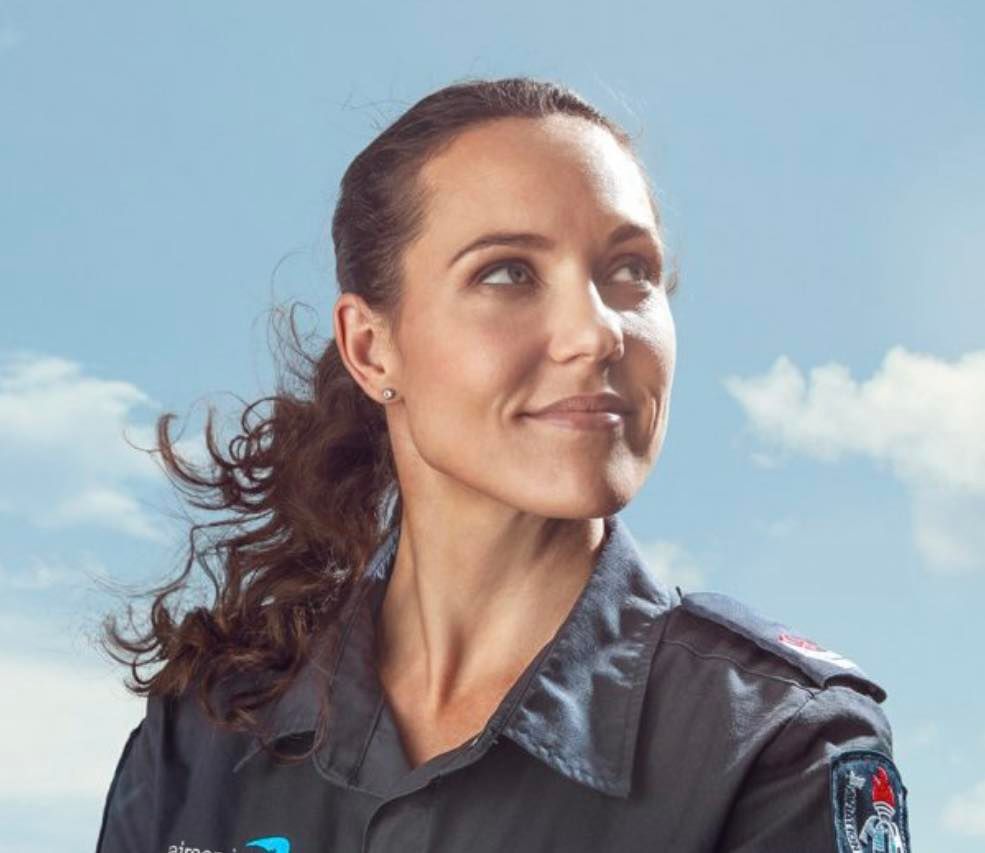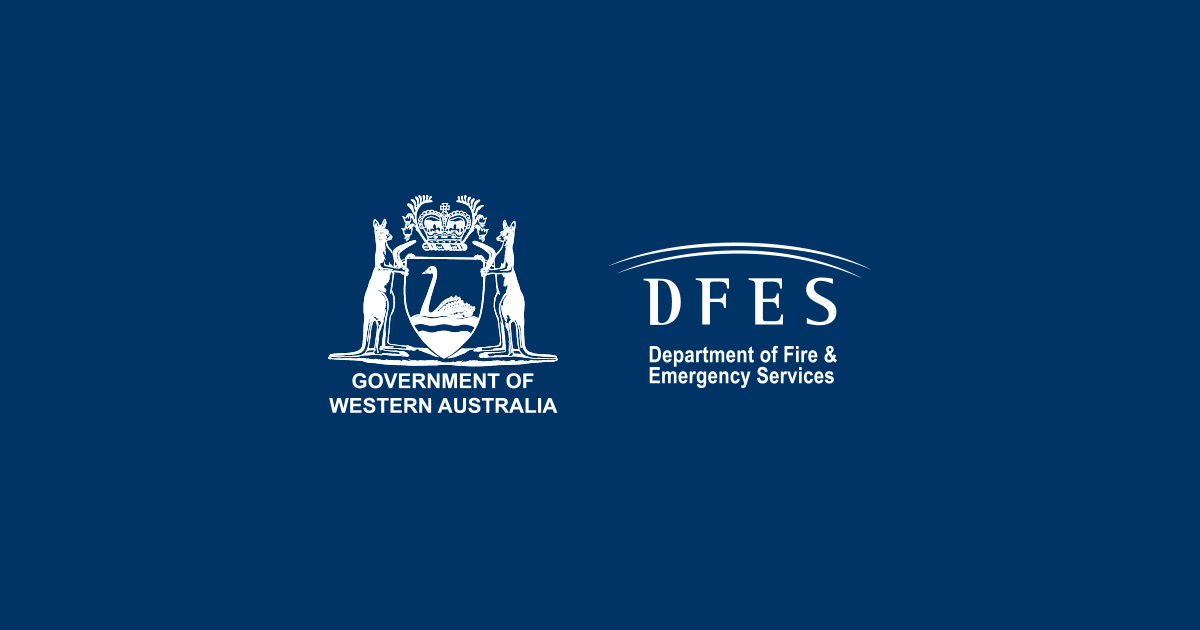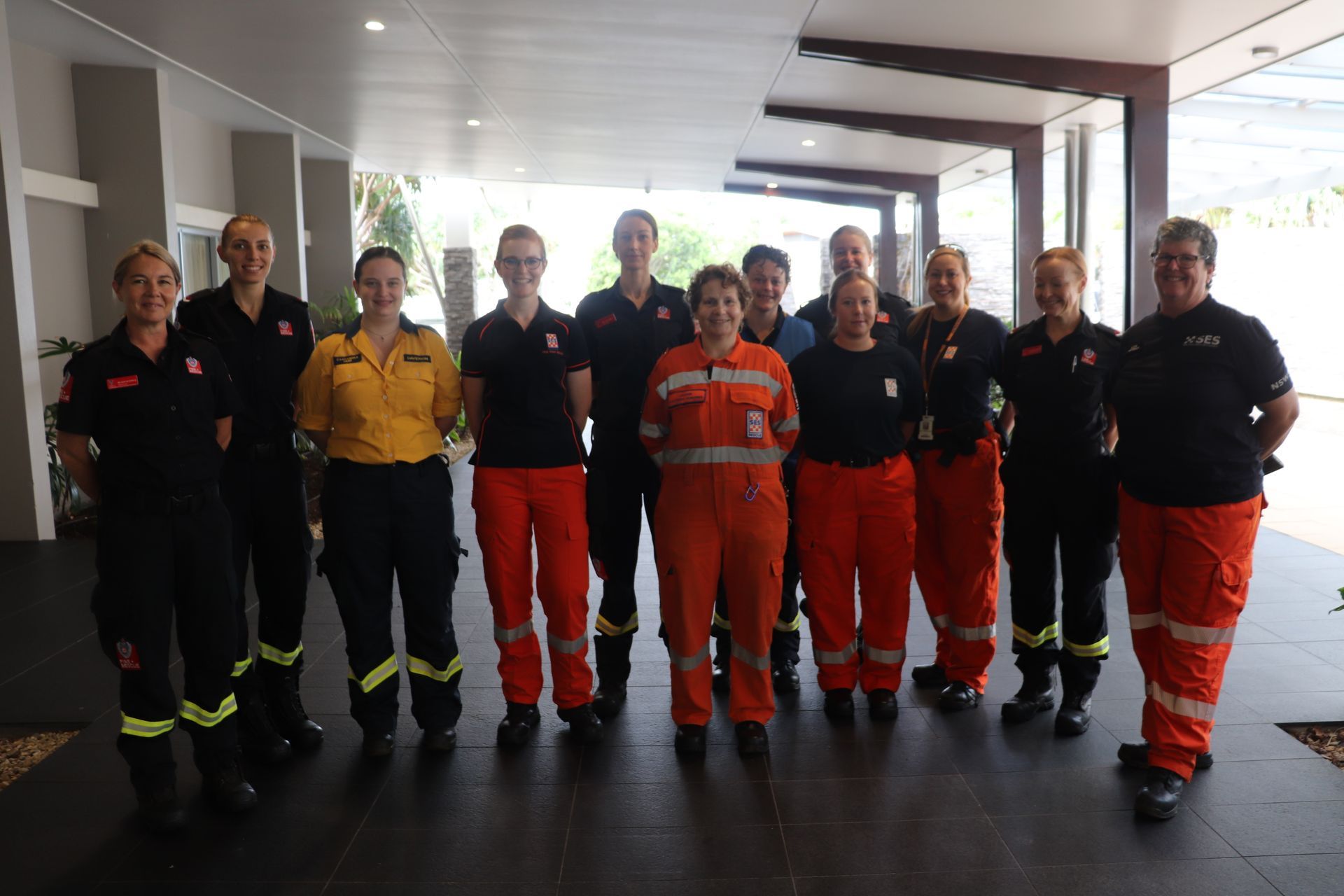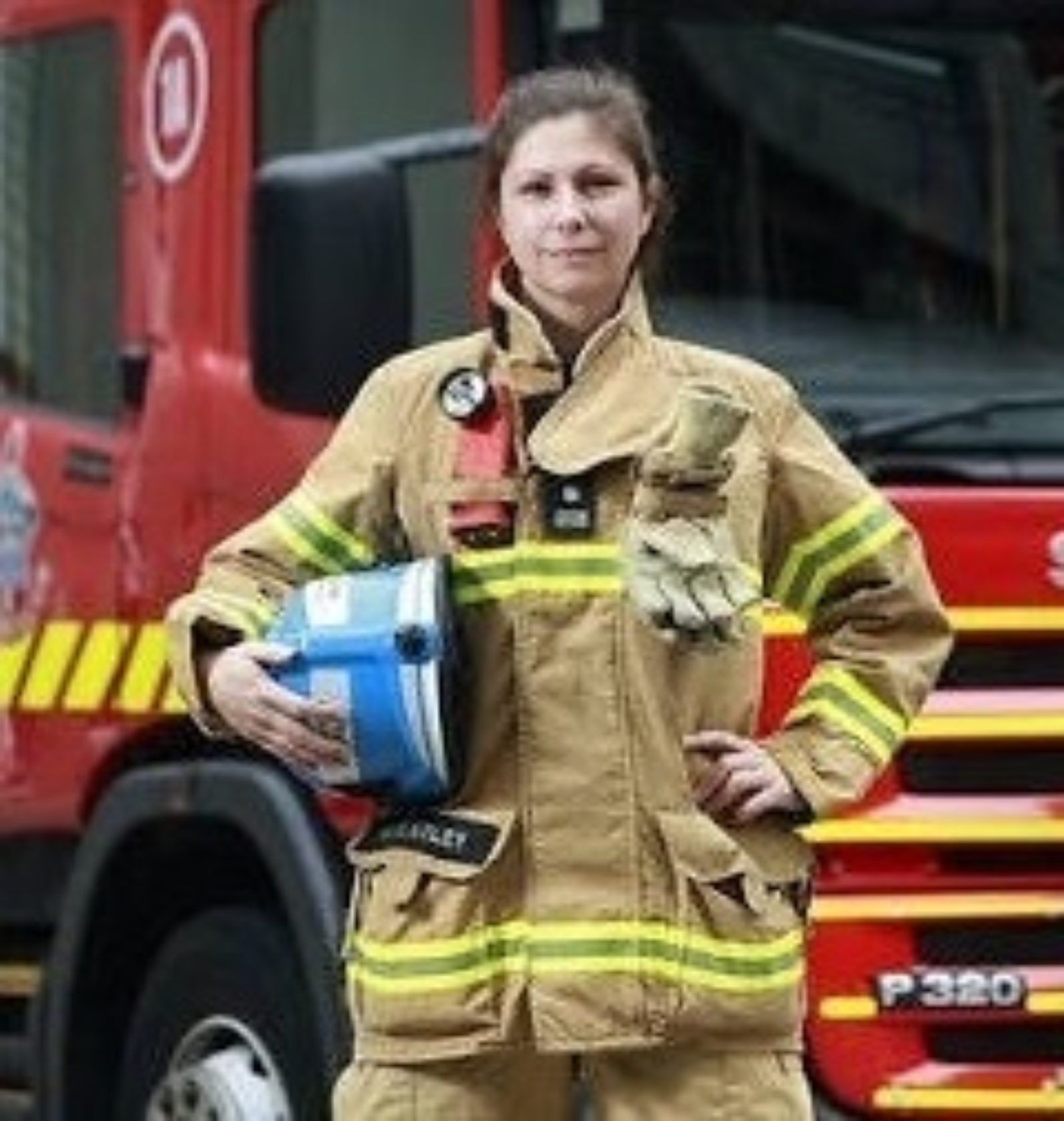Enough is enough.
Following the 2018 Women and Firefighting Australasia (WAFA) Conference “Shaping the New Norm” the WAFA Board commissioned an Outcomes Statement which was supported by the Gender and Disaster Pod and was generously funded by Emergency Management Australia. The outcomes statement is a legacy statement and provides insights on current best practices, future directions, actions and opportunities for women in firefighting. Discrimination and sexual harassment against women in firefighting and emergency services were identified as a key area of concern. It continues to be an ongoing area of concern for women in the sector and as such should be a key focus for agencies and organisations.
Experiencing discrimination, harassment and/or assault within a workplace can cause great harm, both to the women involved, and bystanders and can result in women leaving the sector. When women do report, some experience further harassment and isolation. In addition, good men who want to be allies are simply not aware of how often discrimination, harassment victimisation and assault are occurring or they lack the tools to be an effective ally.
Bullying, sexual harassment, assault and intimidation are not acceptable regardless of gender, rank or agency. The actions of the few should not ruin the reputations of the majority.
WAFA acknowledges the work of organisations like the Australasian Fire Authorities Council (AFAC), the Bushfire and Natural Hazards CRC (BHNCRC) and the Champions of Change group who continually work in the gender equity space to assist agencies with creating meaningful change.
Recent reports however highlight the fact there is still a long way to go in some areas. In particular supporting volunteers, to ensure that they have appropriate pathways to report inappropriate behaviours within the workplace and adequate support, regardless of their decision to report.
WAFA will continue to advocate for safe workplaces for all and to ensure everyone feels supported and empowered within our sector.
Practical Steps to End Sexual Harassment and Discrimination
- Good response structures to efficiently address incidents including a policy for safe reporting (including optional independent third-party reporting mechanisms), ongoing support and a workplace culture that stands up against harassment and discrimination. In a volunteer context, these reporting and support structures need to consider the ongoing safety of the woman in the context of living in the same community as a perpetrator(s).
- Bystander training to empower people to call out bad behaviour.
- Responding well is not enough. Best practice to reduce harassment and discrimination aims to stop harassment and discrimination at the start. Prevention strategies include gender equity training – tailored sessions for senior management, middle management and human resources sections to reinforce gender equity in the workplace. In a volunteer context, brigade management must also be considered.
- Even with these strategies in place, women may still be exposed to sexual assault, discrimination and harassment, and a as result leave the service. To gauge the prevalence of incidents, and the impact they are having on women leaving emergency service work, exit interviews might include a question specifically on discrimination and sexual harassment.
- The inclusion of anonymous reporting opportunities in staff/volunteer satisfaction surveys might provide more details about the prevalence and impact of discrimination and sexual harassment.

